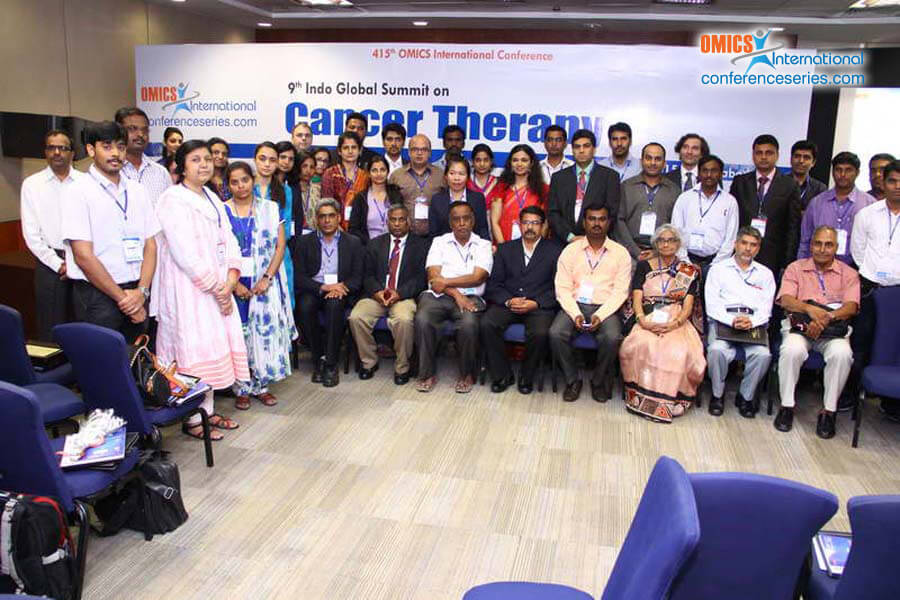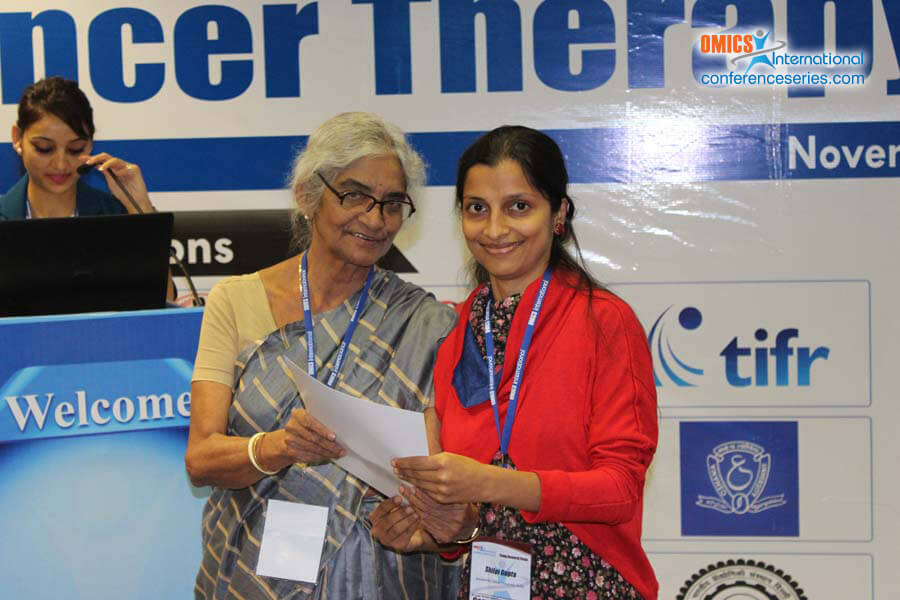
Shilpi Gupta
Jawaharlal Nehru University Delhi, India
Title: Loss of NFkB1 causes immune exhaustion in mouse stomach: A phenotype associated with inflammation associated carcinogenesis
Biography
Biography: Shilpi Gupta
Abstract
Gastric adenocarcinoma is the second leading cause of cancer-related death worldwide, and H. pylori infection is the strongest known risk factor for this malignancy. H. pylori-induced gastritis frequently progresses to atrophic gastritis, intestinal metaplasia and gastric cancer. The balance between over-expression of inflammatory response, immune tolerance and exhaustion can leads to inflammation associated carcinogenesis. Immune activation is a hallmark of H. pylori–associated gastric carcinogenesis and NFkB1 which is a member of NFkB family protein has been shown to regulate a wide range of genes those are involve in immune regulatory response. In this study, we have used 10-12 week old age p50 knockout mice, which show spontaneous gastritis with loss of gland a preneoplastic lesions. Further analysis of gastric tissue by Luminex Bead array indicates increased level of pro-inflammatory cytokines. The next generation transcriptome analysis showed, up-regulation of genes involved in immune activation and immune exhaustion. We also observed that H. pylori infection reduced the levels of p50 and has similar transcriptome expression associated with immune activation as observed after p50 knock out in our in vivo study. Further analysis of transcriptome data, indicated a molecular gene signature including cd44, tim3 etc. for immune exhaustion in p50 knock out mouse stomach. We also observed a similar immune exhaustion gene signature in U937 cell line infected with H. pylori. Our data indicates that p50 maintains immune homeostasis and inhibit immune exhaustion. Loss of immune homeostasis and immune exhaustion could play a role in the process of H .pylori associated gastric carcinogenesis.
Speaker Presentations
Speaker PPTs Click Here


